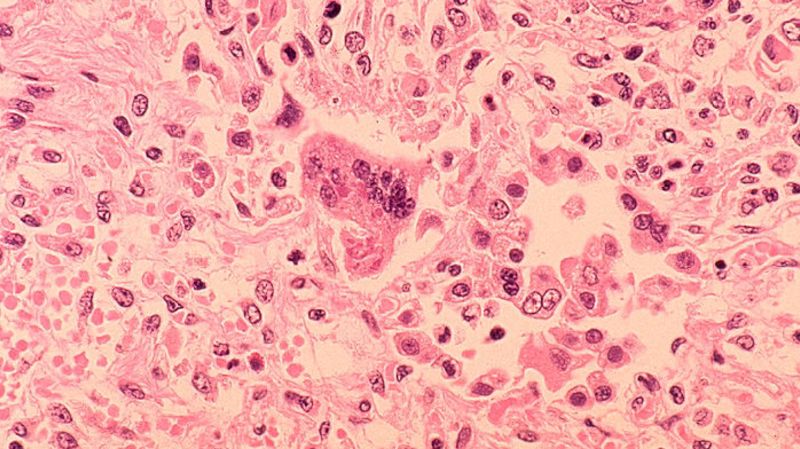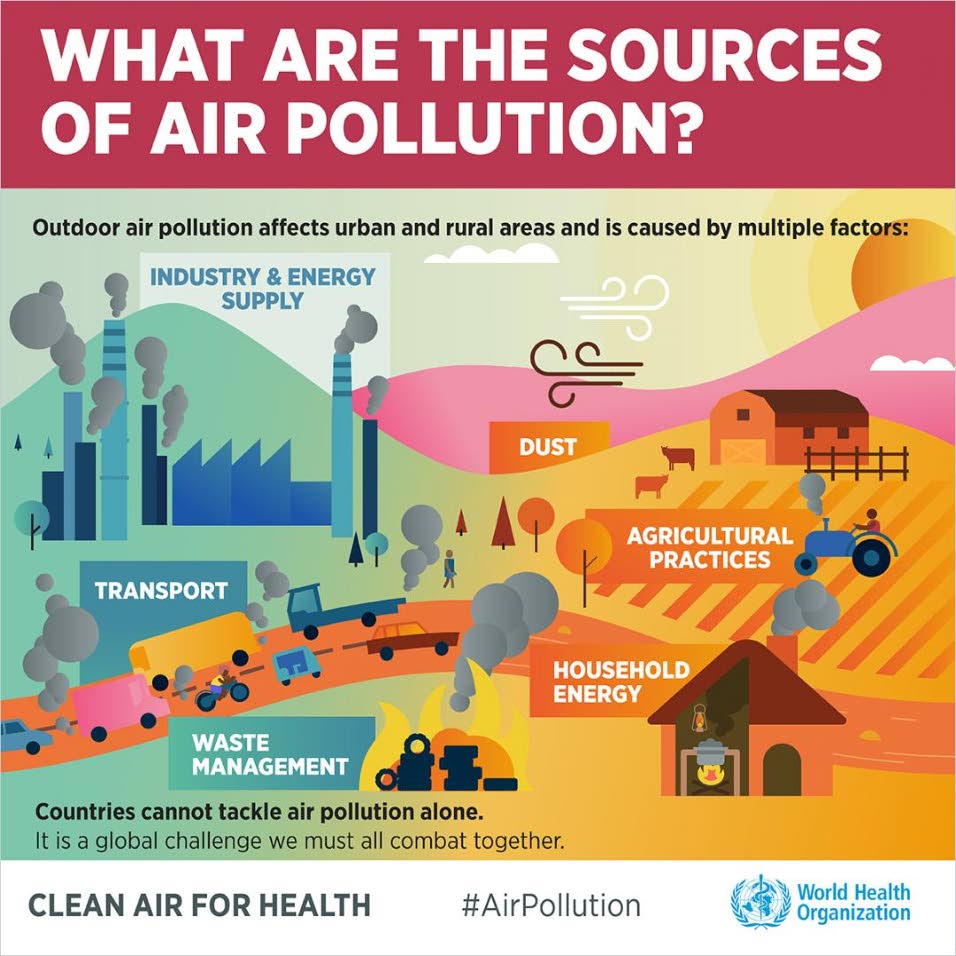North Dakota Measles Scare: Hundreds of Unvaccinated Students Quarantined

A concerning measles outbreak in North Dakota has prompted local health officials to take swift action, quarantining nearly 200 unvaccinated schoolchildren. This incident highlights the ongoing resurgence of measles in the United States, which is experiencing its second-worst year for cases since the disease was officially declared eliminated over 25 years ago.
The outbreak, centred in a North Dakota county, has raised serious concerns about vaccination rates and community immunity. Health officials are working diligently to contain the spread and protect the wider population, particularly vulnerable individuals who cannot be vaccinated, such as infants and those with compromised immune systems.
Why is this happening? The current measles resurgence is largely attributed to declining vaccination rates. While measles was once considered a disease of the past in the US, the decline in childhood vaccination rates due to factors like vaccine hesitancy and misinformation has created opportunities for the virus to re-emerge.
Measles is highly contagious, spreading through the air when an infected person coughs or sneezes. It can cause serious complications, including pneumonia, encephalitis (brain swelling), and even death. Vaccination is the most effective way to prevent measles and protect individuals and communities.
What are the health officials doing? The quarantine of unvaccinated students is a precautionary measure aimed at preventing further transmission. Health officials are also conducting contact tracing to identify and monitor individuals who may have been exposed to the virus. They are strongly urging parents to ensure their children are up-to-date on their measles vaccinations.
“We are taking this outbreak very seriously,” stated a spokesperson for the North Dakota Department of Health. “Our priority is to protect the health and safety of our residents. Vaccination is the best defence against measles, and we urge everyone who is eligible to get vaccinated.”
The bigger picture: This North Dakota outbreak is part of a broader trend of increasing measles cases across the United States. Health officials nationwide are warning of a potential public health crisis if vaccination rates do not improve. The Centers for Disease Control and Prevention (CDC) recommends that all children receive two doses of the measles, mumps, and rubella (MMR) vaccine – one at 12-15 months and another at 4-6 years.
Protect yourself and your community: Consult with your doctor to ensure you and your family are protected against measles. Don't rely on misinformation; get your information from trusted sources like the CDC and your local health department.
The situation in North Dakota serves as a stark reminder of the importance of vaccination in preventing the spread of infectious diseases and safeguarding public health. Continued vigilance and proactive vaccination efforts are crucial to prevent further outbreaks and protect vulnerable populations.





